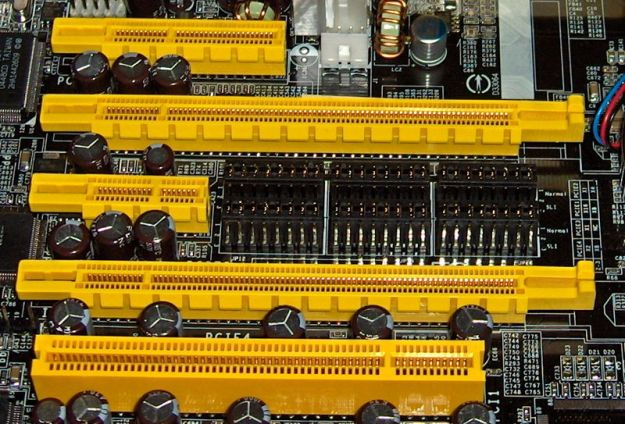
Technology and patent lawsuits seem to go hand in hand. High-profile cases, such as Apple and Samsung’s international slug-fest, garnered most of the attention, but they’re far from the exception to a rule. Lawsuits are filed constantly, sometimes by parties that appear to be attempting to make a profit in courtrooms rather than stores.
The latest demonstration: Internet Machines, LLC’s ongoing lawsuit over PCI Express patents. The company, which appears to be defunct as a manufacturer, holds a patent on “multicasting in a shared address space.”

If that wasn’t enough to suggest trolling, the massive spread of the lawsuit should. Defendants include not only large companies like Alienware and Dell but also smaller businesses like integrated circuit company PLX Technology and catalog technology distributor Mouser Electronics. As you might have noticed, these are not companies that build chipsets with PCI Express capability, but rather distributors and retailers.
Internet Machines, LLC likely hopes that the defendants will settle out of court rather than endure a long and risky case. That’s what some defendants choose to do when the same company filed a similar PCI-Express-related lawsuit in 2010.
Lawsuits such as this don’t always bear fruit. The apparent downfall of copyright firm Righthaven is one example of the system (eventually) working. But Righthaven focused on more easily understood content, while this lawsuit, and many like them, rely on dense technical explanations. Relying on a judge to understand patents written by and for hardware engineers will always be a gamble.


